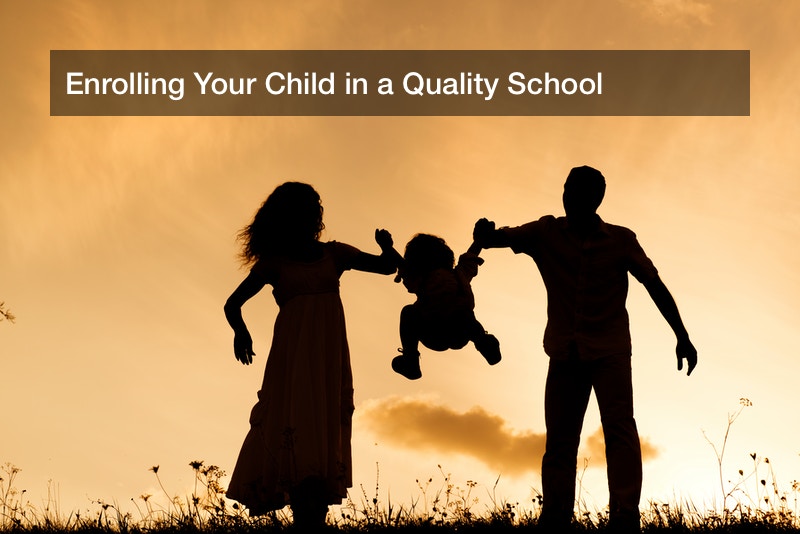Since a good education is the key to any child’s future success, all parents are greatly invested in finding the best possible day schools for their children, from private schools to highly rated public elementary schools and middle schools. This also includes finding the best preschools in the area, and some of these top quality preschools are privately funded and run. But it may be noted that a preschool is not the same as a day care; rather, a preschool is a dedicated academic setting, and parents should tell apart a preschool from a day care. When it comes to finding a private preschool or a good public one, what should parents look for? The best pre-K programs are more than just a day care; they’re the start of a child’s entire education.
Finding Good Preschools
While it is not mandatory for American children to attend preschool, many parents are enrolling their children aged three to five in preschools all the same, more than ever. From 1990 to 2000 in particular, the rate of preschool attendance grew rapidly, and now, over half of all American households (of all backgrounds) send their children to pre-K programs like these. Unlike a conventional day care center, a preschool is an academic setting where the young students will learn how to learn, meet and get along with other students, and get used to following directions from the teachers. All of this can greatly prepare a young student for elementary school.
To find these quality schools, parents can look online and compile a list of the most promising preschools. This is a good idea if the family just moved to a new city or county, or if they have not yet sent a child to preschool. Online, parents are urged to not only tell preschools apart from day care centers, but also specify their area and what sort of school they want to find. Entering their town or city name is a good idea, and in a larger city such as Miami or Boston, parents should enter their ZIP code to keep the results local (as there will be many schools to choose from across that city). Finally, parents may enter “best rated” or “top” preschool, especially for finding public ones. And if they want to find a private preschool, they can specify that, too.
Doing all this will bring up a whole list of results, and the parents may strike out preschools that are too far away, rated poorly, or those that aren’t accepting new students anyway. The parents may compile a short list of the most promising candidate schools, and then the family can tour those schools one by one in person. When visiting in person, the family can get a fair impression of what each school is like, and the parents may consult the staff to review the school’s level of funding and see what sort of educational programs it offers. The parents may also go over each teacher’s credentials, such as their work experience. And of course, the parents may check to ensure that their child feels comfortable at that school and gets along with the staff. If the child likes it there, that’s a helpful reference. The family can tour any number of schools this way until they make a decision, and enroll their child. Private preschools will charge tuition, unlike private ones, but they are typically well funded and will have expert staff on hand.
Other Schools
A similar process can be used to find elementary, middle, and high schools as well, when the family moves to a new area. The parents may specify their city/town name and their ZIP code, and find the best rated public schools or the top private schools of the desired type. The family can tour those schools and review what they can offer, and the prospective student may describe what sort of features they want, such as a musical band program, art programs, certain sports teams, and more. Later, the child can also tell their parents why they did or did not like a school, which is a helpful reference. A good school is one where the student is accepted by their peers, and they are properly challenged by the coursework.

